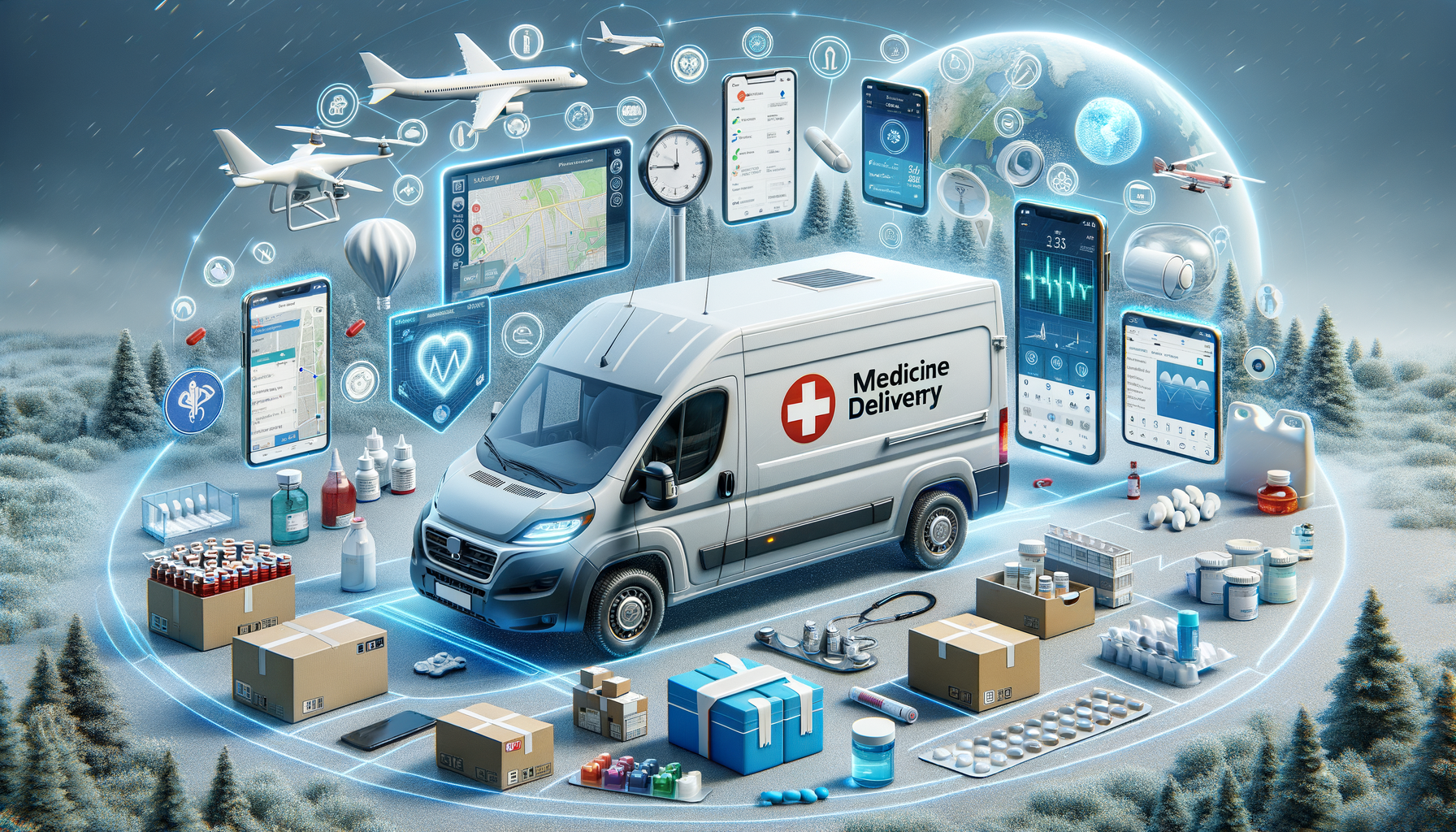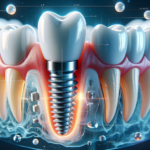The Growing Demand for Medicine Delivery Services
In recent years, the demand for medicine delivery services has surged, driven by the growing need for convenience and the expansion of telehealth services. With more patients opting to receive care from the comfort of their homes, the role of medicine delivery drivers has become increasingly crucial. This trend is not only a response to consumer preferences but also a necessity in ensuring that individuals with limited mobility or those living in remote areas have access to essential medications.
Medicine delivery drivers bridge the gap between pharmacies and patients, ensuring timely and safe delivery of medications. Their role has expanded beyond mere transportation; they are now an integral part of the healthcare ecosystem. By delivering medications directly to patients, they help reduce the strain on healthcare facilities and minimize the risk of exposure to contagious diseases, particularly for vulnerable populations.
Moreover, the COVID-19 pandemic has highlighted the importance of contactless delivery options. Medicine delivery drivers have played a pivotal role in maintaining the continuity of care during lockdowns and social distancing measures. This shift has led to a reevaluation of traditional pharmacy models, with many healthcare providers investing in robust delivery systems to meet the changing needs of their patients.
Training and Skills Required for Medicine Delivery Drivers
Becoming a medicine delivery driver requires more than just a driver’s license. Given the sensitive nature of the items being transported, drivers must undergo specific training to handle medications safely and comply with healthcare regulations. This training often includes:
- Understanding of pharmaceutical regulations and compliance requirements.
- Knowledge of proper storage conditions for various types of medications.
- Skills in handling customer service inquiries and managing delivery schedules efficiently.
In addition to these technical skills, medicine delivery drivers must possess strong interpersonal skills. They often serve as the face of the pharmacy, interacting directly with patients and healthcare providers. Excellent communication skills are essential for ensuring that patients receive the correct medications and understand any instructions provided.
Moreover, a keen attention to detail is crucial in this role. Medicine delivery drivers must verify prescriptions, manage inventory accurately, and ensure that all deliveries are completed in a timely manner. This level of precision helps maintain the trust between patients and healthcare providers, ensuring that everyone receives the care they need.
The Impact of Technology on Medicine Delivery
Technology has revolutionized the way medicine delivery drivers operate, enhancing efficiency and accuracy in the process. With the integration of GPS systems, drivers can optimize their routes, reduce delivery times, and ensure timely arrival at their destinations. This not only improves customer satisfaction but also maximizes the number of deliveries that can be completed in a day.
Additionally, mobile applications have become invaluable tools for medicine delivery services. These apps allow drivers to receive real-time updates on delivery requests, access digital maps, and communicate with dispatch centers. For customers, these platforms offer the convenience of tracking their orders and receiving notifications about delivery times, enhancing the overall experience.
Furthermore, advancements in data analytics have enabled pharmacies to predict demand patterns and manage inventory more effectively. By analyzing customer data, pharmacies can ensure that they have the necessary stock to meet delivery needs, reducing the likelihood of delays or shortages.
As technology continues to evolve, the role of medicine delivery drivers will likely become even more streamlined, allowing them to focus on providing exceptional service and ensuring patient safety.
Challenges Faced by Medicine Delivery Drivers
Despite the critical role they play, medicine delivery drivers face several challenges in their day-to-day operations. One of the primary challenges is navigating traffic and weather conditions, which can significantly impact delivery times. Drivers must be adept at adjusting their routes and schedules to accommodate unforeseen circumstances, ensuring that medications reach patients without delay.
Another challenge is maintaining the integrity of the medications during transit. Many medications require specific temperature conditions, and drivers must ensure that these conditions are met throughout the delivery process. This often involves using specialized equipment, such as refrigerated vehicles or insulated containers, to maintain the required temperature range.
Security is also a concern for medicine delivery drivers. With medications being valuable and sometimes prone to theft, drivers must be vigilant in safeguarding their deliveries. This includes following secure delivery protocols and verifying the identity of recipients before handing over medications.
Lastly, the emotional aspect of the job can be challenging. Medicine delivery drivers often interact with patients who are dealing with serious health issues. Empathy and professionalism are essential in these interactions, as drivers provide not just a service, but also a sense of reassurance and support to patients and their families.
The Future of Medicine Delivery Services
The future of medicine delivery services looks promising, with continued advancements in technology and an increasing emphasis on patient-centric care. As healthcare systems evolve, the role of medicine delivery drivers is likely to expand further, incorporating new responsibilities and opportunities for growth.
Innovations such as drone deliveries and autonomous vehicles are on the horizon, potentially transforming the logistics of medicine delivery. These technologies could offer faster and more efficient delivery options, particularly in hard-to-reach areas. However, the implementation of such technologies will require careful consideration of regulatory and safety concerns.
Moreover, the growing focus on personalized medicine and home healthcare services will drive demand for more specialized delivery solutions. Medicine delivery drivers may be required to undergo additional training to handle complex medications and deliver more comprehensive care instructions to patients.
Overall, the future of medicine delivery services is set to be dynamic and ever-changing, with drivers playing a pivotal role in shaping the landscape of modern healthcare. Their contributions will continue to be vital in ensuring that patients receive the medications they need, when they need them, in a safe and reliable manner.








